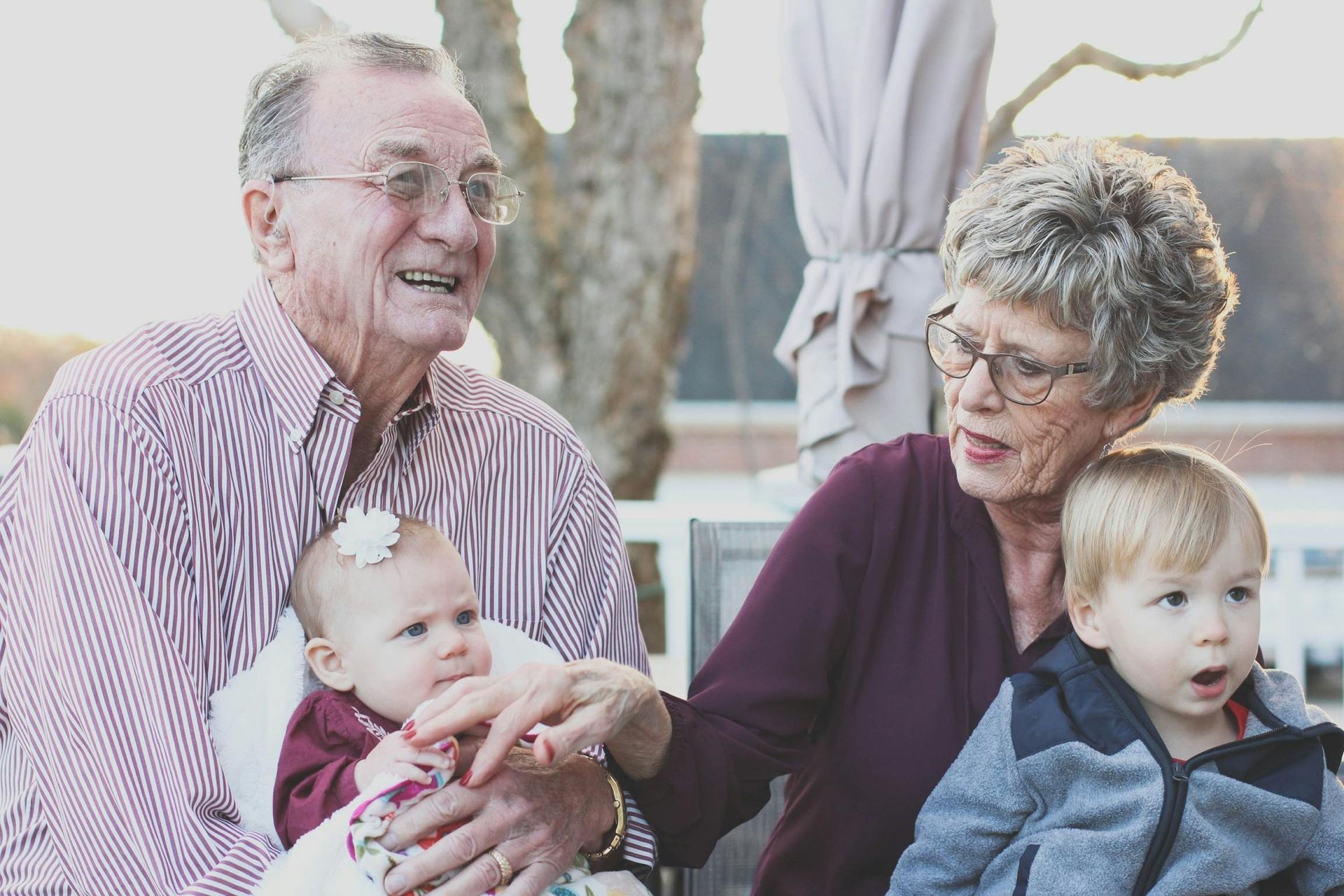What Happens to Your Real Estate When You Pass Away in Virginia?
When a loved one passes away, real estate often becomes one of the most significant and emotional aspects of their estate. If you’re wondering what happens to real estate after death in Virginia, you’re not alone. Whether you're planning ahead or navigating the loss of a loved one, understanding how property is handled under Virginia law can help you make informed decisions — and avoid unnecessary complications.

At Edwards Law, our goal is to simplify the legal process for families across the Commonwealth. Here’s what you need to know about how real estate is transferred when someone passes away in Virginia.
1. Was There a Will? That’s Step One.
If the deceased left a valid will, the real estate typically passes according to the instructions laid out in that will. For example, the will might say “I leave my home to my daughter, Sarah,” in which case Sarah becomes the new legal owner. The executor of the estate is responsible for ensuring that this transfer is carried out properly.
If there is no will (also known as dying intestate), Virginia law decides who inherits the property. Usually, this means the real estate passes to the surviving spouse and/or children, depending on the family structure.
Related blog: Will vs. Trust: Which One is Right for You?
2. Real Estate May Not Go Through Probate
Here’s something many people don’t realize: real estate in Virginia doesn’t automatically go through probate (the court-supervised process of settling an estate), unless it needs to be sold to pay debts or unless the will says otherwise.
In many cases, real estate passes directly to the heirs named in the will or determined by Virginia’s intestacy laws — even without court involvement.
But… there’s a catch.
For the heirs to sell, mortgage, or legally transfer the property, they may still need to go through a process called probate or file a legal affidavit to prove their ownership.
This is where working with a knowledgeable
real estate lawyer in Fredericksburg VA can make all the difference. An attorney can guide you through the documentation needed to claim and manage inherited property smoothly.
3. Joint Ownership and Deeds Matter
If the property was owned jointly with right of survivorship — for example, between spouses — it automatically passes to the surviving owner, no probate required. The deed itself will show this kind of ownership.
On the other hand, if the deceased owned the property in their
sole name, the transfer process is more formal and usually involves the court system, even if only in a limited way.
4. What About Mortgages and Property Taxes?
It’s important to know that mortgages don’t go away when someone passes away. The person who inherits the property is responsible for continuing the payments or refinancing the loan. Similarly, property taxes and maintenance costs become the heir's responsibility.
This is another reason why it’s wise to involve the best estate attorney in VA early in the process. An attorney can help you understand your options and protect the value of the property.
5. Plan Ahead to Make Things Easier
The best way to ensure your loved ones aren’t burdened with confusion or conflict after your passing is to plan ahead. A carefully prepared estate plan — including a will, possibly a trust, and updated deeds — gives you control over what happens to your real estate.
By working with a trusted real estate lawyer in Fredericksburg VA, you can ensure your wishes are clear, your documents are legally sound, and your family is protected.
Let’s Talk About Your Plan
At Edwards Law, we help Virginians like you understand their options and secure peace of mind. Whether you need help settling a loved one’s estate or want to create your own, we’re here to guide you — every step of the way.
🧡 Schedule your consultation with the best estate attorney in VA today and take the first step toward clarity and confidence.




